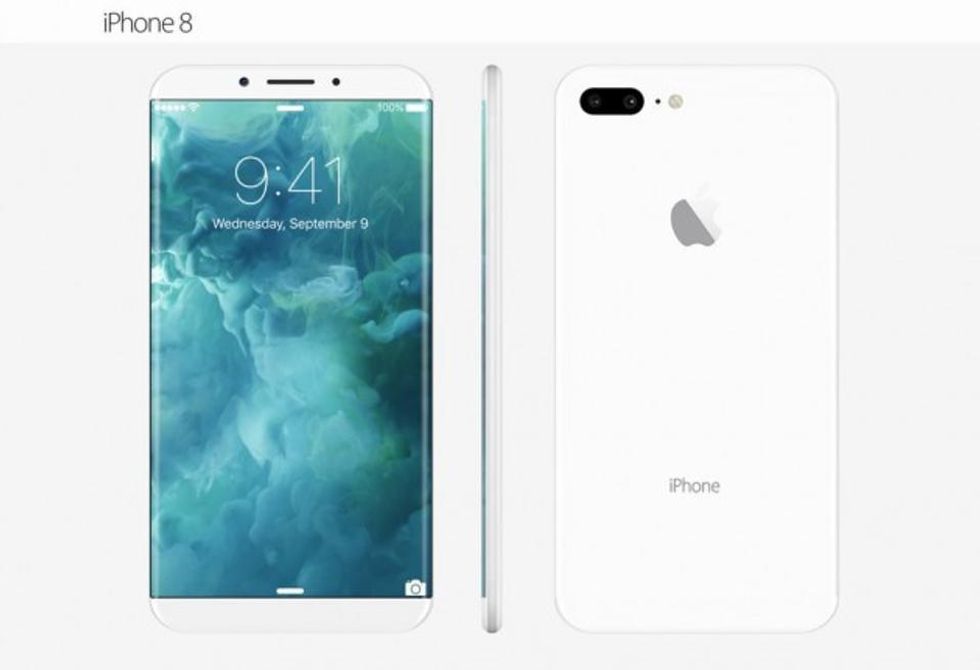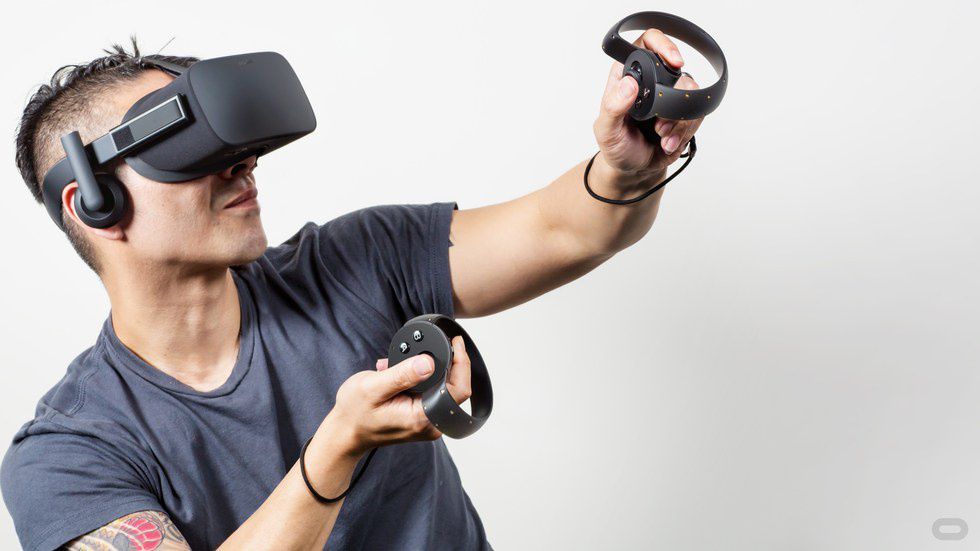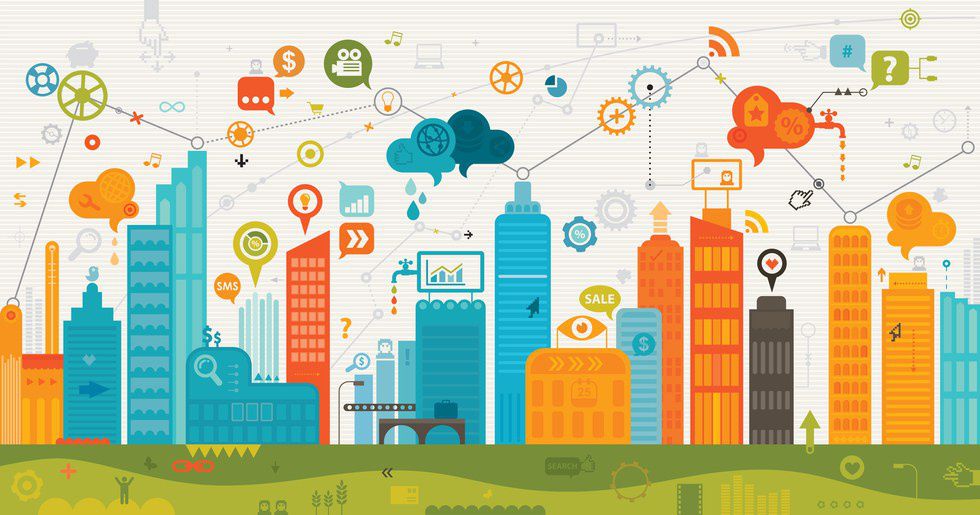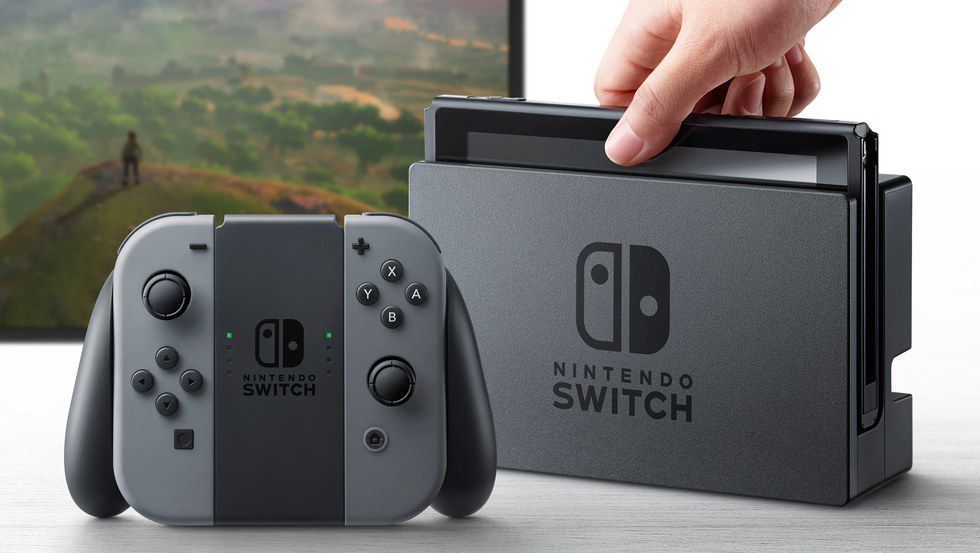As 2017 kicks off, excitement and uncertainty take precedence. We have questions that range from politics to relationships, (and some that include both), but one major question concerns the latest developments in technology that will shape our day-to-day lives in the days to come.
Here are some of the most-anticipated tech releases to look out for in 2017.
iPhone 8:
The iPhone 8 (Also known as the 10th anniversary iPhone) is rumored to boast an OLED display, which would be flexible and would allow for a curved glass edge-to-edge screen similar to that first introduced by the Samsung Galaxy s7, according to the University Herald. More than a curved screen, the OLED is expected to allow better colors and contrast for less battery power and bulk.
Other sources indicate that Apple may be doing away with noticeable buttons at all, and integrating the home button directly into the display itself. The iPhone 8 is expected to be released in all its glory in the fall of 2017. Cool, right? More at Forbes.com.
Virtual and Augmented Reality (VR and AR):
Virtual reality tech has been around for a while, but this coming year it is expected to skyrocket, especially considering the momentous success of the augmented reality game Pokemon Go. Headsets offer the most affordable, user-friendly hardware, and are currently on the market in kits ranging in price from $16 to $1800+. [vronedge.com] That last number belongs to the deluxe package of the Oculus Rift (including the unique computer graphics processing unit (GPU), on the high end of quality in the VR market. Decently affordable versions are available from companies like Lenovo, Asus, and Dell.
The Oculus Rift headset alone sells for under $1,000, and holds great promise for the near future of gaming, virtual meetings and Skype, movies, and pretty much anything else. A coming update for Windows 10 will enable the use of VR for the average PC.
The Internet of Things (IoT):
This concept revolves around the intercommunication between machines using sensors to educate their operation, all linked into the cloud. The "machines" referenced here refer to anything from cars, wearables, traffic grids, smart furniture, smart kitchen appliances, and pretty much anything else you can equip with a computer chip. The IoT will revolutionize the medical facilities, traffic conditions, ease of access, and fluidity of work and home life.
This is the farthest off from arriving in our homes and kitchen appliances, but tech experts are projecting a boom in the IoT market that will double the number of current IoT customers by 2020 (which is in three years, mind you), according to investing experts at The Motley Fool.
The Nintendo Switch and Xbox Project Scorpio:
With the rise of VR and AR, gaming is stepping up to the plate. The showdown between these two rising game systems is highly anticipated in 2017.
The Nintendo Switch features an interface that can "switch" between mobile and living room console setups. Its focus is to increase the social mobility of the traditional home console.
While it's not expected to boast the fastest engine under the hood, some reviewers (like those at Forbes) say it won't need the speed, since its primary "luster" features are about the hardware. The Switch is set to release in March 2017.
Meanwhile, Microsoft has developed the Xbox Project Scorpio, a traditional console with nontraditional insides. The Scorpio boasts six Teraflops of power, eight central processing unit (CPU) cores, and 320 gigs of bandwidth—a pioneer in 4k gaming. The Scorpio is rumored to be equipped with software that enables VR compatibility, meaning your gaming experience might just get a massive upgrade. The Scorpio is on track to roll out at the end of the year.
This is only a fraction of the tech expected to revolutionize life in the next century. There are rumors of Artificial Intelligence, micro-bots for medical professionals, 760 mph public train transport, biofuel from coffee bean waste, robots with personalities, smart-nearly-anything-else-you-can-think-of.
With all this, however, will come questions that we might not have considered: Is it a breach of privacy to use home tech footage to prosecute a criminal? Will the VR industry become the new drug? (Will the Matrix become a reality?) Will the Internet of Things--The Smart City—open new doors to terror?
For now, we have some time to consider all these questions. In the meantime, all this dandy new stuff will likely be a fun improvement to our day-to-day lives, and a pretty darn cool one, too.




















